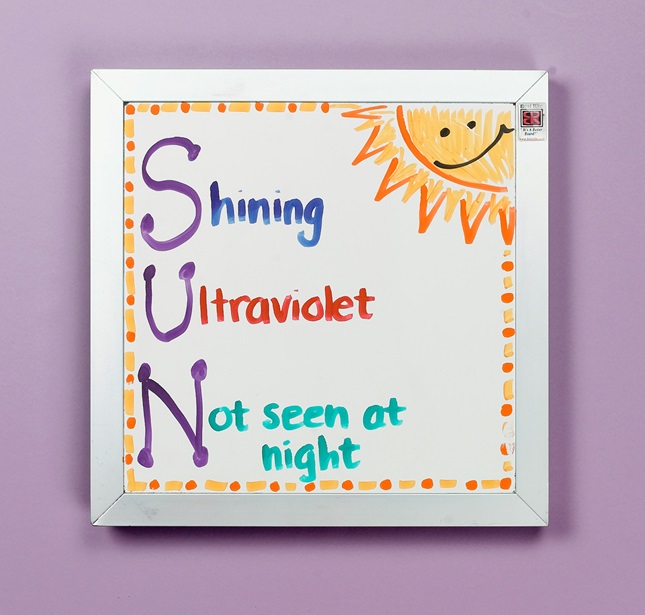Announcements and Reminders:
Don't forget the reading strategies that we've learned so far! Soon we will have our Read-A-Thon and our Final Exam Interview.
Turn in your After-Reading Practice sheet now, and pull out your books!
And don't forget to show your Caveman Spirit on Friday -- wear a school shirt or just wear red!
Our Readathon will be on Monday, November 14.
Bring treats if you wish!
 Plan to hand in unused hall passes on Monday. |
Targets for Today:
I can teach others the things I read. I can use mnemonics and flashcards to help me remember the things I read. |
Today’s Agenda:
Silent Reading. Fill out your reading logs! Let's take the After-Reading Strategies Quiz! After you read and check your understanding with the After-Reading strategies, it is important to remember (retain) the things that we read. Copy down these strategies on the outside, left column. Now let's practice those. How would teaching someone help you remember something? This might look like something simple, or more formal.
You've all read different articles in your Fluency Practice. Pull that out now and review it, getting ready to teach something from that article to someone else! You might teach an interesting idea, word, or give a summary.
Find someone with a different color article, and teach them something from your article.
Another strategy for remembering is to make flashcards. Who has used flashcards before? How did you use them?
How about mnemonics? Has anyone ever heard that word before? What comes to mind?
 Here are more examples of Mnemonics. Now you've got time to put these strategies to work. You must use one Retention strategy for each of these:
If you make up a rhyme, song, or acronym, or acrostic, you must write it down and turn it in with your name on it.
|
If You Were Absent:
Copy down and practice the Retention Strategies. Turn in a retention strategy and pick up your Retention Practice Sheet. |
Vocabulary:
Acronymns: words formed from the first letters of words you want to remember: NASA, SCUBA, HOMES (for the Great Lakes), ROY G. BIV. (You take away letters.) Acrostics: use a series of words in which the first letter in each word is used to form phrases or sentences. For example, Every Good Boy Does Fine for the lines in the treble clef. (You add letters and words.) |



No comments:
Post a Comment